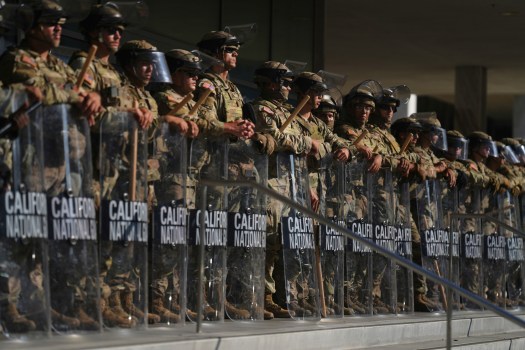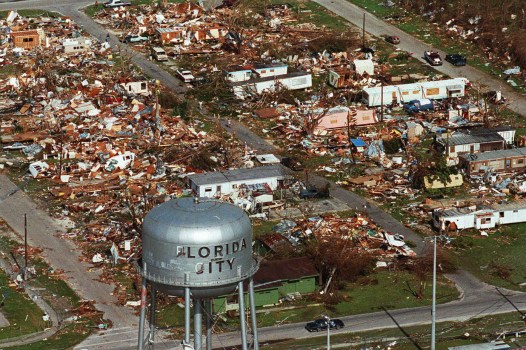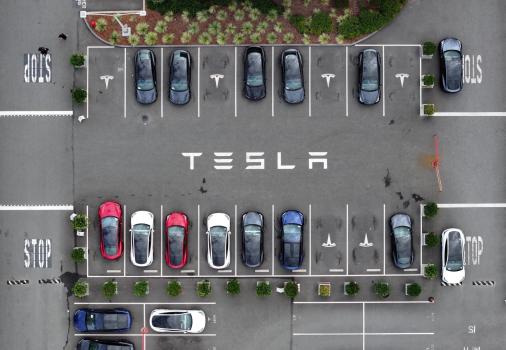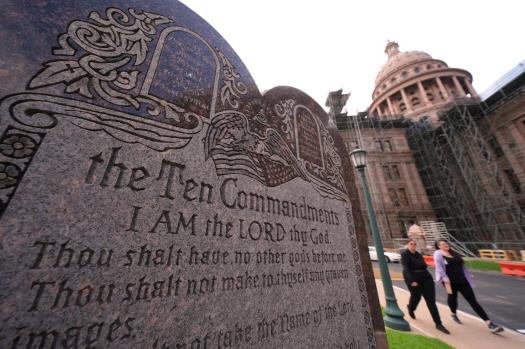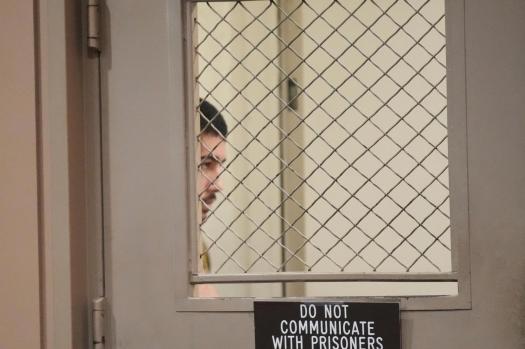Written by OLGA R. RODRIGUEZ and JANIE HAR
AP’s San Francisco The question of whether the Trump administration broke federal law by sending National Guard troops and U.S. Marines to Los Angeles in response to protests over immigration sweeps last summer will be heard by a federal judge in San Francisco.
Related Articles
-
A US senator from Colombia emerges as a Trump link for Latin America s conservatives
-
Ousted FDA vaccine chief Vinay Prasad is returning to the agency
-
Europe and Ukraine leaders seek talks with Trump to defend their interests ahead of US-Russia summit
-
Newsom urges Trump to abandon redistricting fight as Texas Republicans remain stymied on new maps
-
Trump says he s placing Washington police under federal control and deploying the National Guard
After protests broke out on June 7 when Immigration and Customs Enforcement officers arrested people at many locations, the Trump administration federalized soldiers of the California National Guard and moved them to the second-largest city in the United States, despite the protests of Governor Gavin Newsom and local officials.
California is requesting that Judge Charles Breyer order the Trump administration to give the state back control of the remaining troops and to prevent any federal agent or officer from using military forces in California to carry out or aid in the execution of federal law or any civilian law enforcement duties.
The president is prohibited from employing the military as a domestic police force by the Posse Comitatus Act of 1878. The case might establish a precedent for Trump’s future use of the guard in California and other states.
Approximately 700 Marines and 4,000 members of the California National Guard were ordered to deploy by the Department of Defense. According to the most recent statistics released by the Pentagon, 250 members of the National Guard are still in the service, although the majority of the personnel have since departed. According to Newsom, the remaining soldiers are at the Joint Forces Training Base in Los Alamitos.
Breyer gave Newsom an early win after concluding that the Trump administration had overreached itself and violated the Tenth Amendment, which establishes the balance of power between the federal and state governments.
In order to maintain federal control over the California National Guard while the case is pending, the Trump administration promptly filed an appeal, claiming that courts cannot question the president’s actions. They were successful in getting the appeals court to temporarily block the action.
Following their deployment, Marines primarily stood watch over a federal building in downtown Los Angeles that houses a detention center at the center of protests, while the soldiers accompanied federal immigration officers on immigration raids in Los Angeles and at two marijuana farm sites in Ventura County.
Los Angeles has been a battlefield in the federal government’s aggressive immigration agenda, and the Trump administration claimed the troops were required to safeguard federal officials and properties there. Federal officials have been capturing illegal immigrants from Home Depots, car washes, bus stops, and farms since June. A few Americans have also been taken into custody.
The troops were required because local law enforcement had been slow to react when a crowd gathered outside the federal building to protest the June 7 immigration arrests, according to court documents filed by Ernesto Santacruz Jr., the director of the Department of Homeland Security’s Los Angeles field office.
According to Santacruz, the National Guard and Marines’ presence has been crucial in defending federal staff and property against the violent rioters.
Breyer granted California’s lawyers permission to take Santacruz’s deposition in response to resistance from the Trump administration. Additionally, they obtained a statement from a military official regarding the role of the Marines and National Guard in Los Angeles.
In court documents last week, the Trump administration’s lawyers contended that the action had to be dismissed due to the Posse Comitatus Act claims being legally invalid. They contended that in situations where federal law enforcement is insufficient, the president may invoke the National Guard under a law.
Under Section 12406 of Title 10, which permits the president to call the National Guard into federal service in the event of an invasion, a rebellion or threat of a rebellion against the government’s authority, or in any other situation where the president is unable to carry out US laws, Trump federalized members of the California National Guard.
Breyer concluded that the demonstrations in Los Angeles were far from being a rebellion.
In a decision authorizing the three-day bench trial, he stated that the trial scheduled for next week would not be canceled.
